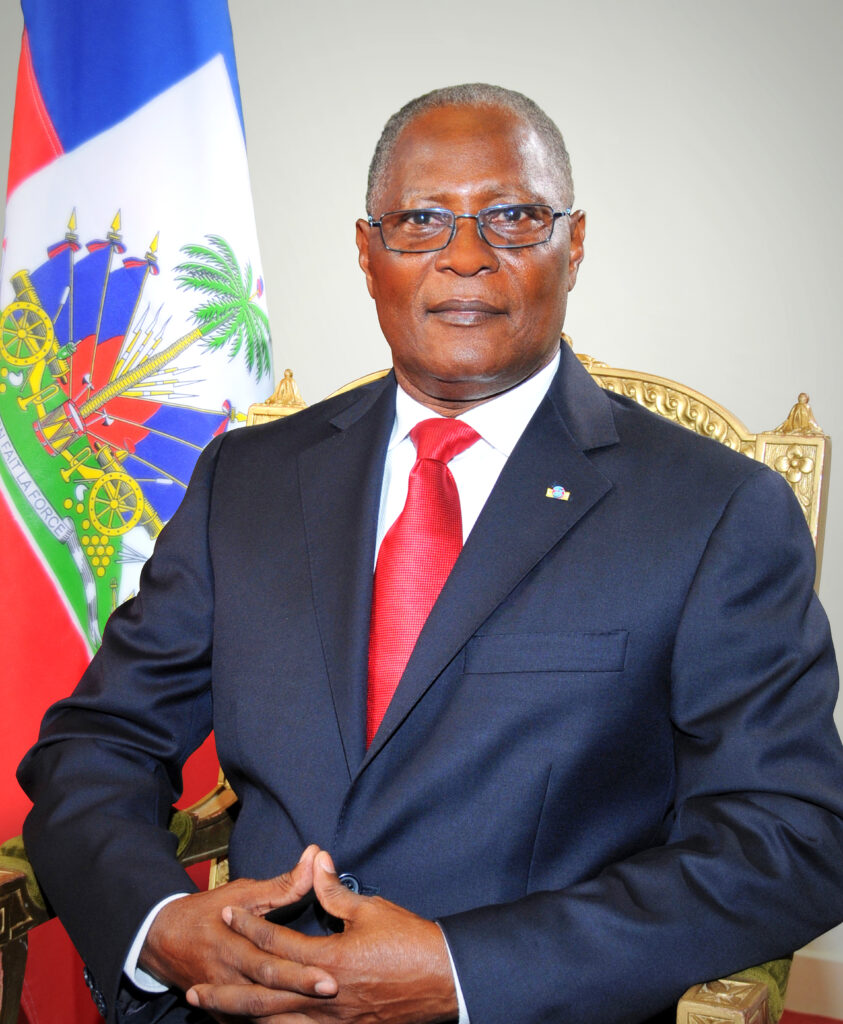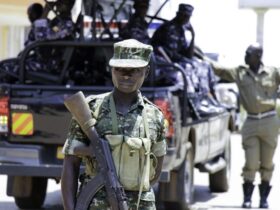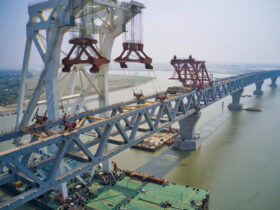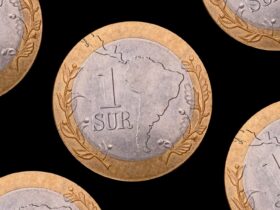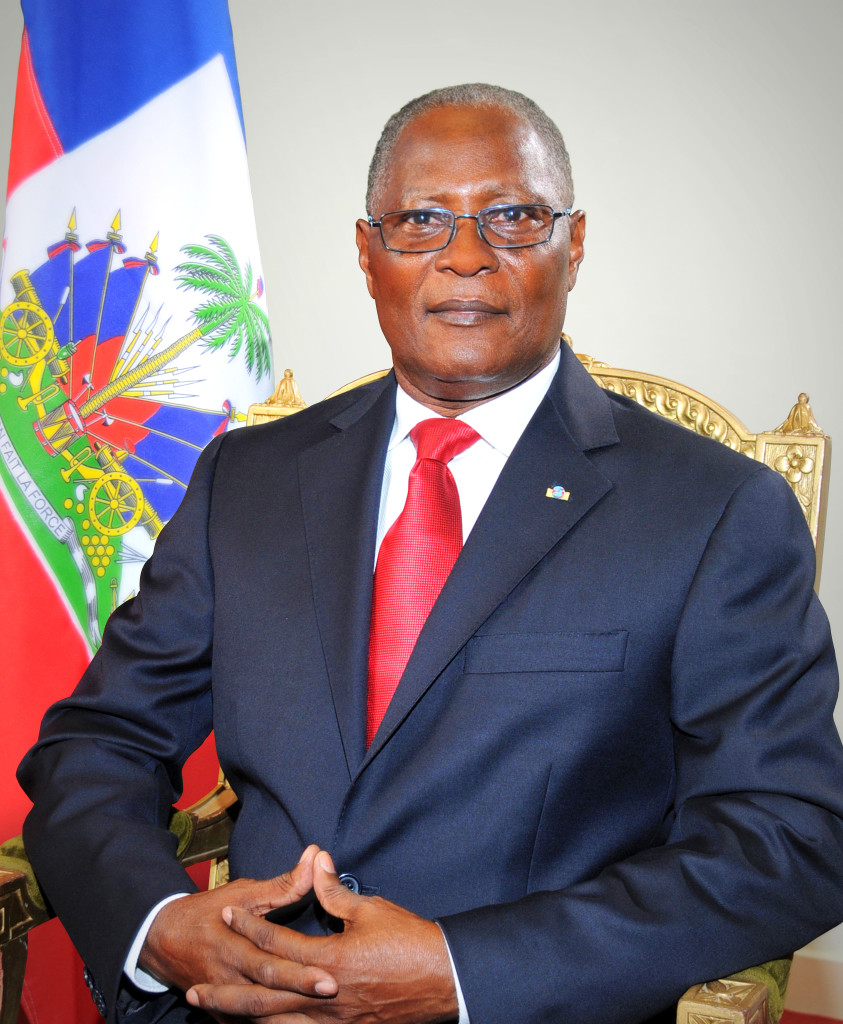
While much of the world is caught up in the heated, controversial presidential race in the United States, citizens of Haiti are far more concerned with having their first fair, democratic and uncorrupt election.
This year, former Haitian President, Michel Martelly, was constitutionally required to step down after his five-year term. In October 2015, before his term ended, the country held its first round of presidential elections; but due to claims of corruption and fraud that triggered numerous protests, the Provisional Electoral Council (CEP) decided to postpone the elections in December and then again in January. Since then, Haiti has been left with no official president. As protests continue and the UN attempts to stay involved, it is essential that the international community disengages and allows Haiti, led by a qualified interim leader, to develop its own stable institutions to deal with its electoral crisis.
The Destabilizing Effects of International Aid
When news of Haiti’s electoral crisis broke out, the international community — including the UN and the “Core Group” (Brazil, Canada, Spain, France, US, EU and OAS) — encouraged the country to advance the elections without addressing the political irregularities. The rationale was that the earlier Haiti has a President, the closer it would be to forming a legitimate government.
In the UN’s three-hour hearing in mid-March, ambassadors of the United Nations Special Representative and Head of the UN Stabilization Mission in Haiti (MINUSTAH) claimed that the country must have stable institutions in order to address its socio-economic challenges, including ongoing food security crisis, cholera deaths and police violence. Due to these challenges, the UN pressured Haiti to move forward with its elections, no matter how fraudulent the first round was, claiming that going to the polls would be the only way to encourage democracy.
But as a result, it seems that the approval of the UN and US in Haiti is becoming increasingly unfavorable. By holding elections with the current system in place, future instability and protests are guaranteed. Unfortunately, the international community is likely to remain in the country; it has a history of interfering in the country’s politics and is already invested in the situation, so much so that the UN Security Council is assessing the need for a peacekeeping presence in Haiti. As the UN does so, Haiti’s citizens still face the effects of cholera, amplifying their skepticism of foreign aid. (The UN received considerable criticism for bringing the cholera outbreak to Haiti with Nepalese peacekeepers who carried strains of the disease.)
The US in particular has been investing in the Haitian situation, having already supplied more than $33 million to the elections. This means that its interests lie in having an election winner so that the money isn’t wasted—not in whether the process was fair. Unfortunately, this international influence dismisses the need for an assessment of the internal issues causing corruption in the Haitian government. Now, Haiti’s citizens hope to ensure better leadership in their next administration through protests against international involvement and the current election process.
The Cause of the Protests
Former president Martelly, largely supported by the international community, took office in 2010 shortly after the magnitude seven earthquake that devastated Port-au-Prince, Haiti’s capital. The earthquake killed at least 300,000 people and cost the government up to $14 billion in infrastructure, buildings and homes. The consequences of the earthquake were not just limited to cost: the earthquake also created increasing polarization and tension, as citizens grew angry about the slow pace of post-earthquake reconstruction. During his term, Martelly failed to lessen the economic turmoil and was unsuccessful in pushing Haiti towards democracy, as he had promised during his campaign. Thus by 2012, the resulting high costs of living, growing unemployment and suspicions of corruption ultimately undermined the populace’s trust in Martelly’s political agenda.
In the October, 2015 elections, the top two contenders that emerged were Jovenal Moise, a banana plantation owner and Martelly supporter, and Jude Celestin, an engineer with the goal of eliminating government corruption. Although Moise was declared the leading candidate of the race, Celestin (along with 90% of Haitian citizens) were suspicious that the election was fraudulent and rigged. Celestin halted his campaign, refusing to continue until the elections were made fair. As a result, talk of corruption, tampering with ballots and other irregularities in the voting process triggered a public response and led to 318 protests throughout the country. While Haitian demonstrators began burning electoral offices and vehicles, causing multiple CEP members to resign, they also attacked schools that served as voting stations. In December and again in January, the CEP deferred elections to April, 2016 in order to protect the voting citizens of Haiti from more violence.
The CEP’s decision to postpone has given Haiti a window of time to reform its elections and ensure they are fair—and more importantly, to encourage its citizens to vote. However, the international community’s obstruction of this process indicates that Haiti may be better solving the crisis alone.
A Qualified Leader: Jocelerme Privert
Despite the current situation, the postponement of the election has offered a glimpse of hope for stability in Haiti: Jocelerme Privert. A former Senate leader of Haiti, Privert has been chosen by Haiti’s political leaders to be the interim president for 120 days. In filling this position, he has taken on what seems a nearly impossible task: bringing Haiti’s polarized political parties close enough to steer the country towards a legitimate election. Privert’s appointment is a crucial first step in the direction towards democracy, because he will represent the public rather than the international community throughout the reconstruction period.
How does President Privert plan to steer the unstable nation towards a democratic and peaceful future? This question may have been answered with his selection of an interim Prime Minister. After meeting with numerous political parties, religious groups, businesses and human rights leaders, Privert came to the conclusion that the best fit for the job would be US-educated economist, Fritz Jean. Although he has no political experience, Jean is generally accepted as a competent and honest leader.
Much can be said about Jean’s appointment to this position. Specifically, it suggests the high value that Privert places on Haiti’s financial stability as a prerequisite for free and fair elections. It is also a statement that working with economists to establish economic growth is an important first step for political stabilization. Privert and Jean must prove that they can right Haiti’s path. Yet in order to do so, the international community must give Haiti the space it needs to solve its issues on its own.
Looking to a Brighter Haitian Future
While the UN believes that the delays in the election process are hindering Haiti’s ability to address economic, social and security challenges, it fails to recognize that taking additional time to ensure a proper election process is, in itself, improving democracy. Privert has committed to holding the previous administration accountable for its corrupt governance and has shown domestic legitimacy in managing this crisis. Haiti would be better off if the international community left its internal politics be.
As for now, it is a waiting game to see if Privert and Jean can lead Haiti to stability with a fair electoral process amidst the international community’s pressure and influence. Without this, Haiti cannot expect to see democratic progress, effective earthquake reconstruction or a reduction in poverty and disease outbreak.
The much-anticipated third attempt at a presidential election is scheduled for April 24, 2016.
The views expressed by the author do not necessarily reflect those of the Glimpse from the Globe staff, editors or governors.
A previous version of this article appeared with an image that the editorial board deemed to be unethically manipulated. We apologize for the oversight and have updated the image to be in line with journalistic standards.





